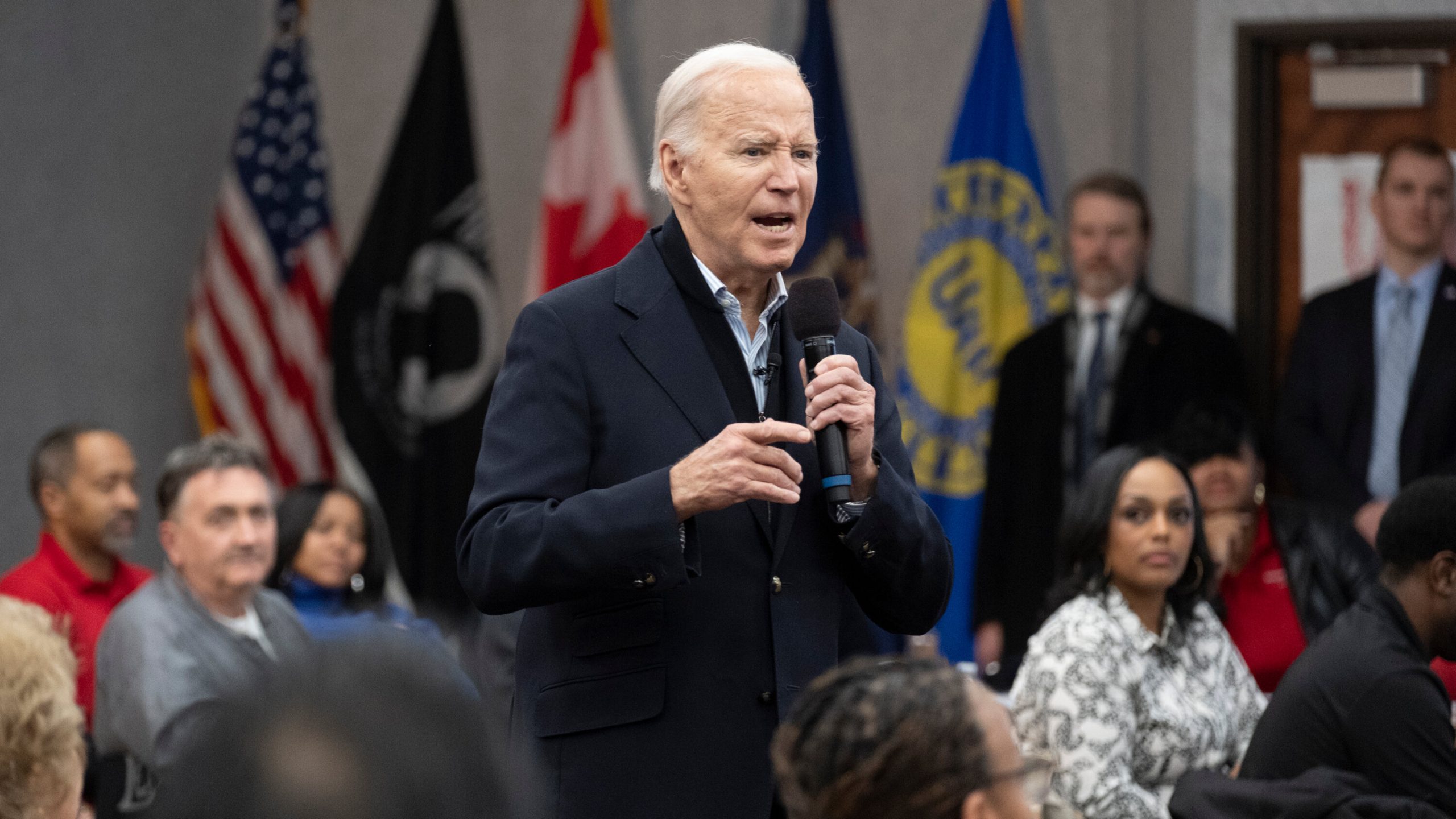The “uncommitted” movement is poised to send at least two official delegates to the national convention in Chicago this August, offering a platform for dissent within the Democratic Party.
Despite significant organizational efforts, the turnout for the “uncommitted” faction was not far from the usual. Comparatively, in Michigan’s Democratic primary during Barack Obama’s 2012 reelection bid, the “uncommitted” vote share stood at 11%. Biden’s margin in the state, albeit narrower, remained secure, with room for a loss of up to 100,000 votes from his 2020 performance while still outpacing Trump’s narrow victory margin of fewer than 11,000 votes in 2016.
However, interpreting the results may be complicated by Democrats opting to participate in the more competitive Republican Primary. This factor clouds the precise reflection of Michigan’s Democratic electorate in the primary outcomes.

Nonetheless, a minority segment within the Democratic Party expresses profound dissatisfaction with Biden’s handling of the Gaza conflict, particularly resonating among Arab, Muslim, and young voters. The extent of this discontent remains uncertain, but Michigan remains pivotal in the Biden campaign’s endeavor to regain their support, given its significant Muslim population and its status as a must-win state.
The distinctiveness of the “uncommitted” movement in 2024 lies in its endorsement from notable activists and even elected Democratic officials. Notably, Representative Rashida Tlaib, a Palestinian American, cast her vote as “uncommitted.”
In Dearborn, a hub of Muslim and Arab communities, Democratic leaders encouraged voting “uncommitted,” reflecting a significant shift. Early results in the city illustrate a notable preference for “uncommitted” over Biden.
Mayor Abdullah Hammoud emphasized the significance of this stance, underscoring the need for Biden to address these concerns promptly. Layla Elabed, the campaign manager for the “Listen to Michigan” initiative and Tlaib’s sister, echoed this sentiment, rejecting the notion that the fear of another Trump presidency should compel automatic support for Biden.
Time is of the essence for Biden to reconcile a party fragmented by the war’s aftermath, according to some Democrats. Representative Ro Khanna emphasized the urgency of a course correction, suggesting a swift reassessment of strategy to win back support.
Despite these challenges, Biden has maintained strong support, securing over 80% in all three official primaries held to date. However, Phillip’s attempt to capitalize on dissent by positioning himself as a younger alternative to Biden has yet to gain traction, evident in his modest performance across various states.
With the primary uncompetitive, some dismiss the “uncommitted” vote as a harmless outlet for dissatisfaction. Still, Biden’s failure to reclaim these dissidents before the primary underscores the complexity of the task ahead.
High-profile surrogates have rallied support for Biden in Michigan, highlighting his record and cautioning against a return to Trump’s policies. Vice President Kamala Harris addressed crucial issues like abortion rights, aiming to mobilize key demographics such as suburban women.
Despite visible discontent with Biden, there is a prevailing animosity towards Trump among Democrats, reminiscent of sentiments that bolstered Biden’s victory in 2020. Susan Titus, a Detroit resident, cited her disdain for Trump as a primary motivator for supporting Biden, underscoring the stakes for November’s election.


